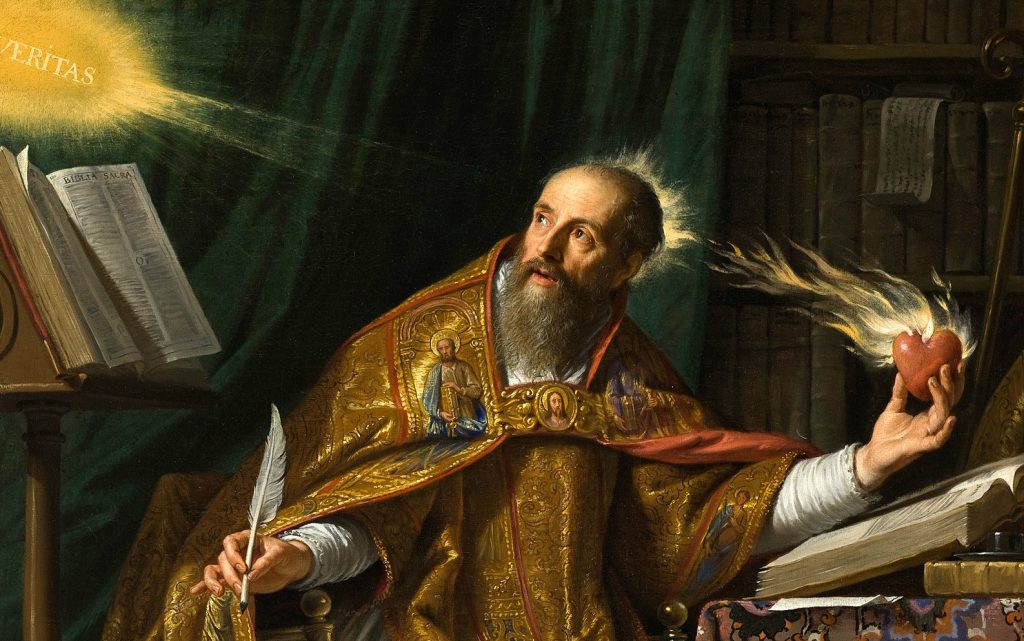Sixth in a series on the Book of Psalms.
Among Christian commentators, the overwhelming conviction is that the story of the “Psalter” is christological: the “Psalter,” they say, is about Jesus Christ.
Said St. Pope John Paul II in the first of his series of reflections on the psalms (March 28, 2001): “The Fathers of the Church emphasized that the mystery of Christ is the key to understanding the psalms. In the psalms we contemplate the saving deeds of God in creation and history. They speak not only of the individual person of Christ but of the total Christ, composed of Christ the head and the members of his body.”
This is the conviction of a majority of the Fathers of the Church, including St. Justin Martyr, St. Cyprian, St. Hippolytus, Origen, St. Athanasius, Eusebius, St. Jerome, St. Ambrose, St. Augustine, Cassiodorus, and many others. St. Augustine went so far as to say that Psalm 22 alone “describes [the Passion of Christ] with all the evidence of a Gospel.” Jerome held that certain psalms could be held as true of no one else but Jesus Christ. The Second Council of Constantinople denounced the prominent exegete Theodore of Mopsuestia precisely because he denied the messianic content of certain psalms.
This early christological reading finds further confirmation in the texts of the most ancient liturgies. In the patristic era, Psalm 34 — with the refrain, “Taste and see the goodness of the Lord” — was almost universally employed as a Communion hymn.
And the christological reading was hardly a passing fad. Centuries after the age of the Fathers, St. Thomas Aquinas deemed the “Psalter” to be “almost Gospel.”
The christological reading of the “Psalter” fell on hard times, however, in the 19th and 20th centuries, when the historical-critical method was ascendant among academics. The New Jerome Biblical Commentary, for example, devoted 30 pages of small print to the psalms without ever mentioning tradition’s overwhelmingly christological interpretation.
Scholars have their reasons, of course, for rejecting the tradition. Put simply: many think it wrong to read Christian theology back into pre-Christian Jewish texts. Some go so far as to say that a christological interpretation does violence to the original authors’ intentions.
In the weeks ahead, I’ll address two of the most common objections to the traditional consensus.

